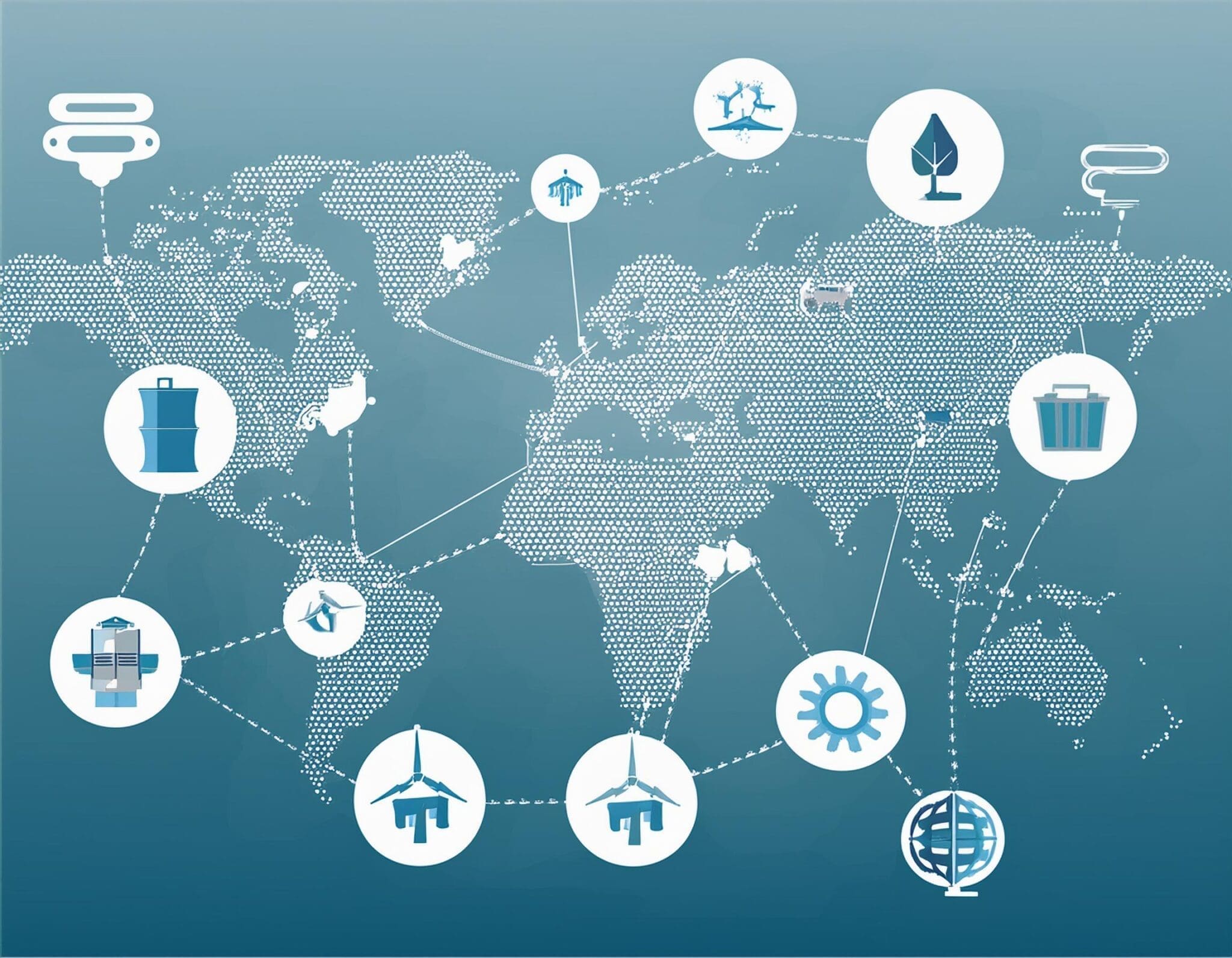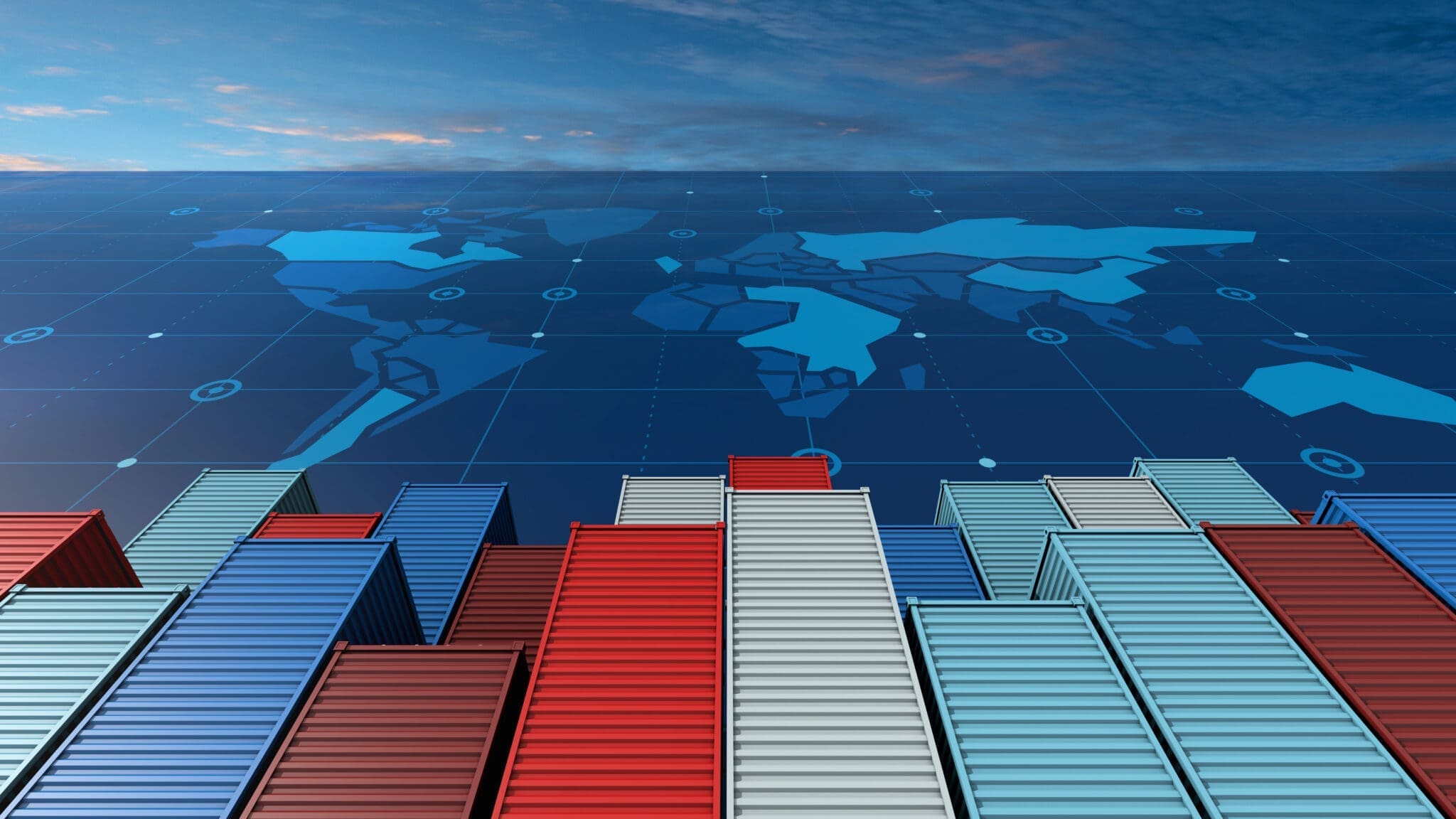Critical Raw Materials is Under Unprecedented Strain
In today’s global economy, supply chain security for critical raw materials is under unprecedented strain. Historically consumers and businesses benefited from stable pricing, predictable inflation, and efficient logistics that allowed products to arrive on time. This was often without the need to think about the intricate networks behind them. However, a complex combination of geopolitical issues, supply-demand imbalances, and environmental factors has triggered a critical material shortage that is changing the landscape of supply chain management.
Several competing issues are creating a level of scarcity that’s rarely been seen since ‘supply chain management’ was coined in early 1980s. Ongoing disruptions, including the effects of the Russia-Ukraine conflict, have contributed to material shortages and increased costs across industries.

These supply chain vulnerabilities underscore the importance of supply chain security for critical raw materials in an increasingly unpredictable market.
Worryingly, many bottlenecks directly impact downstream markets. This blog provides a forecast of most significant materials shortages. In particular the ones that pose the greatest threat to growth in uncertain conditions.
8 Raw Materials Posing Risks to Global Supply Chains:
Tin
Tin is an essential material in electronics manufacturing, especially for soldering in circuit boards. Despite a recent stabilisation in demand, tin prices increased by nearly 25% in early 2024. This was because of limited global inventories and production disruptions in key regions like Southeast Asia. This scarcity is affecting costs in electronics and renewable energy sectors that depend on a steady tin supply.
Molybdenum
Molybdenum is important for making strong steel alloys used in energy and automotive industries. In 2024, its prices rose by 35%, according to the USGS Mineral Commodity Summaries 2024. Surging demand in infrastructure and renewable energy projects, along with reduced output in major producing countries, drives this increase. These supply constraints underscore the need for secure sourcing in industries dependent on molybdenum.
Lithium
In 2023, lithium demand soared by 30% due to electric vehicle (EV) growth, according to the IEA. Lithium prices fell by almost 80% by 2024 because of a quick rise in supply. New projects in Australia and the U.S. contributed to this increase McKinsey & Company. Despite this price correction, the demand for lithium is expected to keep rising, requiring robust supply chain planning for EV manufacturers.
Oil and Gas
Global oil and gas shortages continue and in 2023, natural gas prices in Europe rose by over 250%. This increase is due to supply disruptions from the Russia-Ukraine conflict, according to the IEA. These shortages are raising energy costs in many industries. This highlights the need for supply chain security in areas that depend on natural gas.
Lumber
The lumber shortage remains an issue for the construction industry, particularly in North America. In 2023 prices rose by 30% in 2023, as reported by the National Association of Home Builders USGS. Increasing housing demand and climate-related disruptions in logging regions continue to strain supplies. This highlights the need for sustainable sourcing and supply chain security.
Nickel
Nickel which is used in EV batteries and stainless steel, experienced a price drop of approximately 20% by early 2024. This is because of expanded production, particularly in Indonesia, according to McKinsey & Company. The change in demand, with battery makers choosing options like lithium iron phosphate, has eased some pressure. However, supply chain security is still important as demand keeps rising.
Zinc
Zinc is critical for galvanizing steel, used extensively in construction. Prices reached $4,136 per tonne in early 2024, due to ongoing supply constraints and increased demand. The construction industry faces higher costs, stressing the need for stable supply chain security to support infrastructure growth.
Wheat
The wheat shortage remains a concern for global food security, with prices climbing by 25% in early 2024. This is primarily due to continued supply disruptions from the Russia-Ukraine conflict. These price increases are impacting food manufacturers and retailers, emphasising the need for resilient agricultural supply chains.
How to Strengthen and Secure your Supply Chain
The continued shortage of raw materials in these sectors highlights the urgency of developing robust supply chain security measures. Companies should diversify their suppliers and invest in sustainable sourcing as well as adopting proactive risk management strategies. These steps help reduce risks and adapt to changing supply chains. Achilles offers solutions for Supply Chain Due Diligence helping businesses protect and improve their supply chains against challenges.



